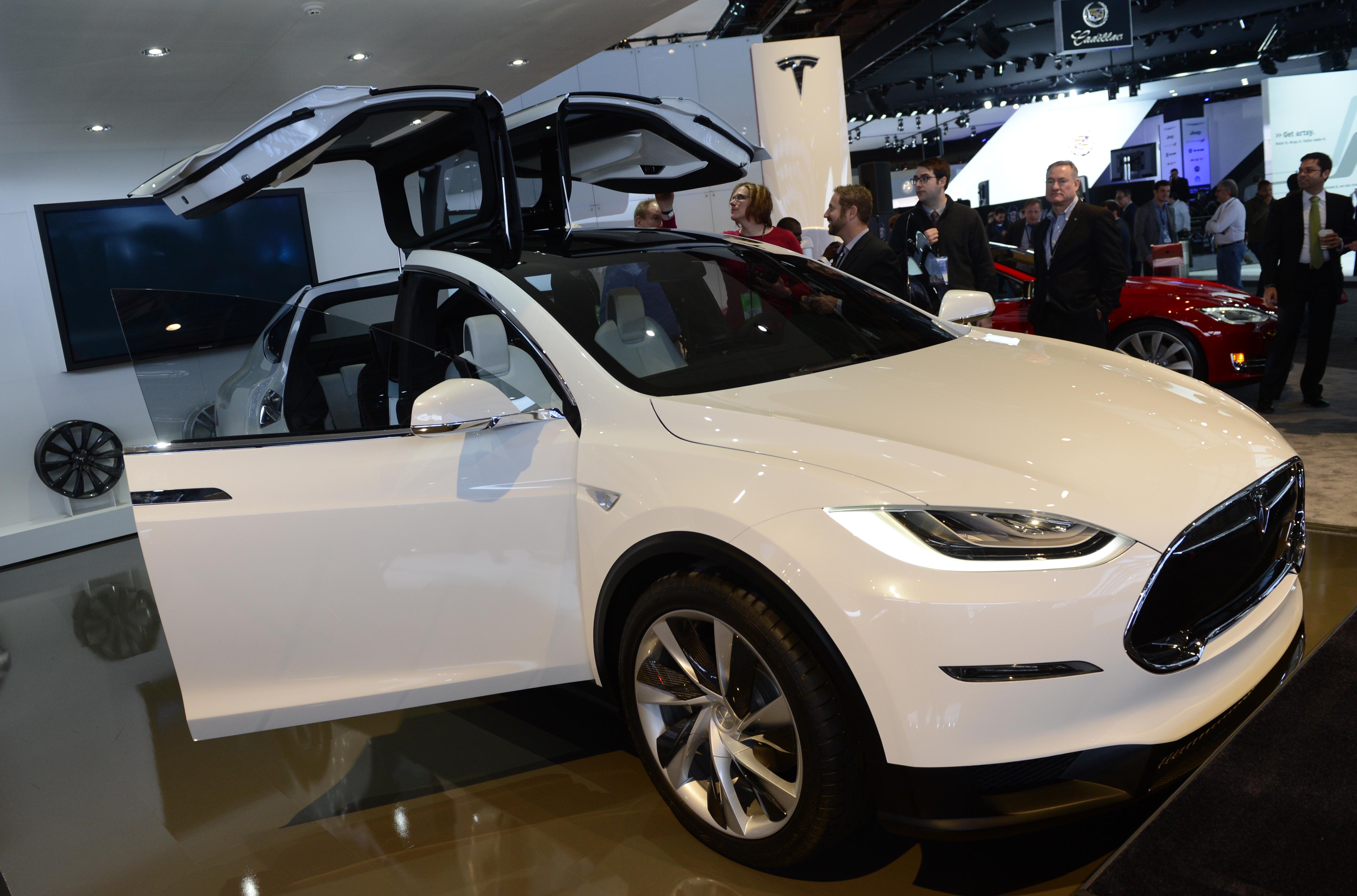Peter Eavis’ rundown of Tesla paying off its Energy Department loan early and successfully includes the to-be-sure phrase that “Tesla has not fully weaned itself from government support” because electric vehicle purchasers are eligible for some pretty generous tax credits.
This is true, but it’s also entirely appropriate for the government to offer subsidies to early adopting EV buyers. As I wrote earlier if you believe in the future success of the Model S it probably makes more sense to buy Tesla stock than to buy a Tesla. That’s because there are major network effects here. Gasoline-fueled cars are practical because America is full of gasoline stations and has lots of infrastructure to refine oil and ship it to those stations. If you owned the only gasoline-powered car in North America, the technology would strike everyone else as slightly absurd. The range of the car would be severely limited, and importing the refined petroleum products you need in small volumes from across the ocean would be laughably expensive. It’s early-adopting EV buyers who are laying the groundwork for the infrastructure that makes electric vehicles practical technology. If you think that the drastically cleaner air that would result from a large-scale switch away from internal combustion engines is valuable, then subsidies of various kinds are a completely reasonable way of dealing with the network effects issue.
Now it’s quite right to say that current policy is not exactly optimal. A $20 per ton carbon tax with the funds used to lower other taxes would be much better nudge than a regressive tax credit initiative. But you rarely get optimal policy, and the course we’re taking is a reasonable and practical one.
